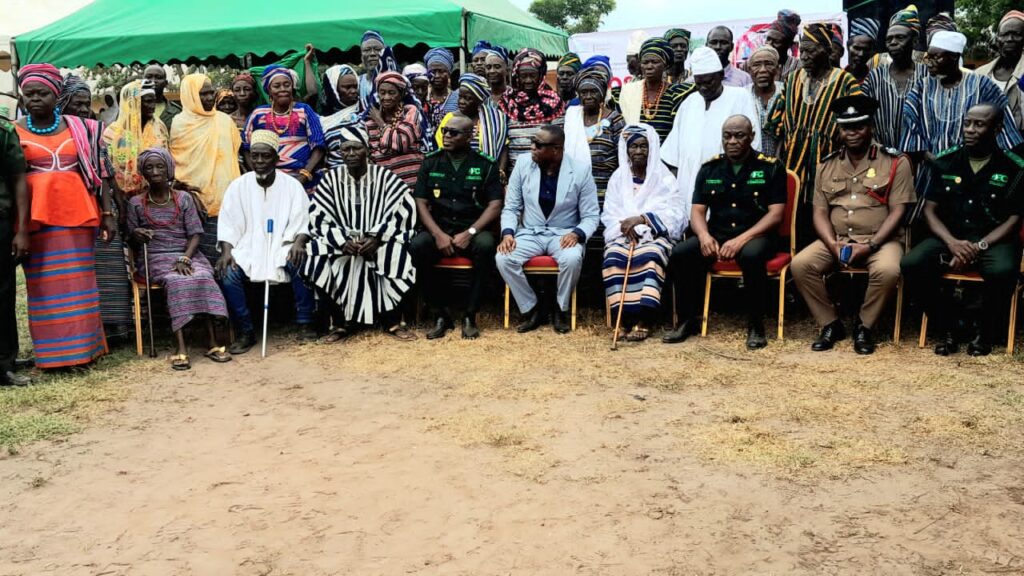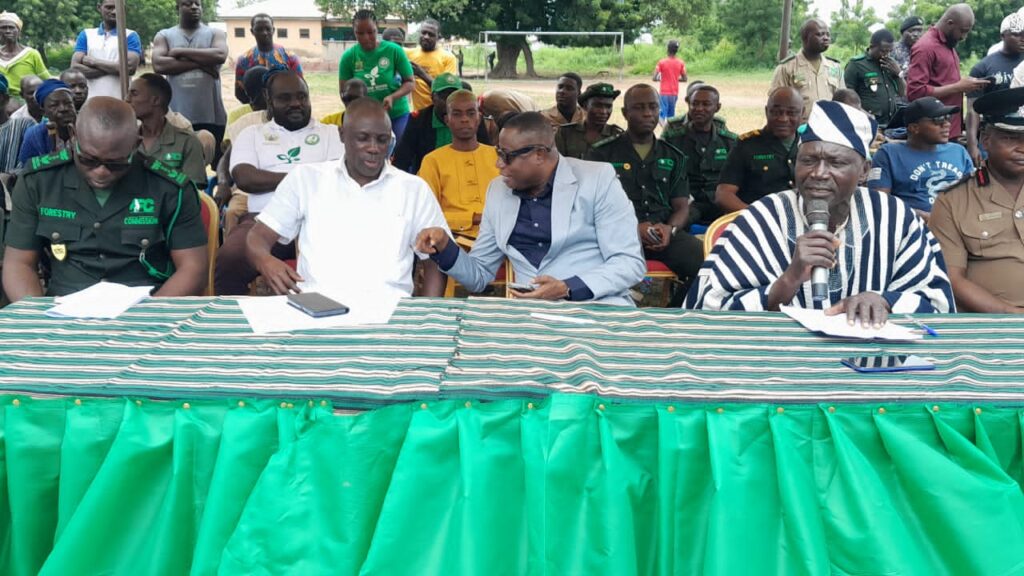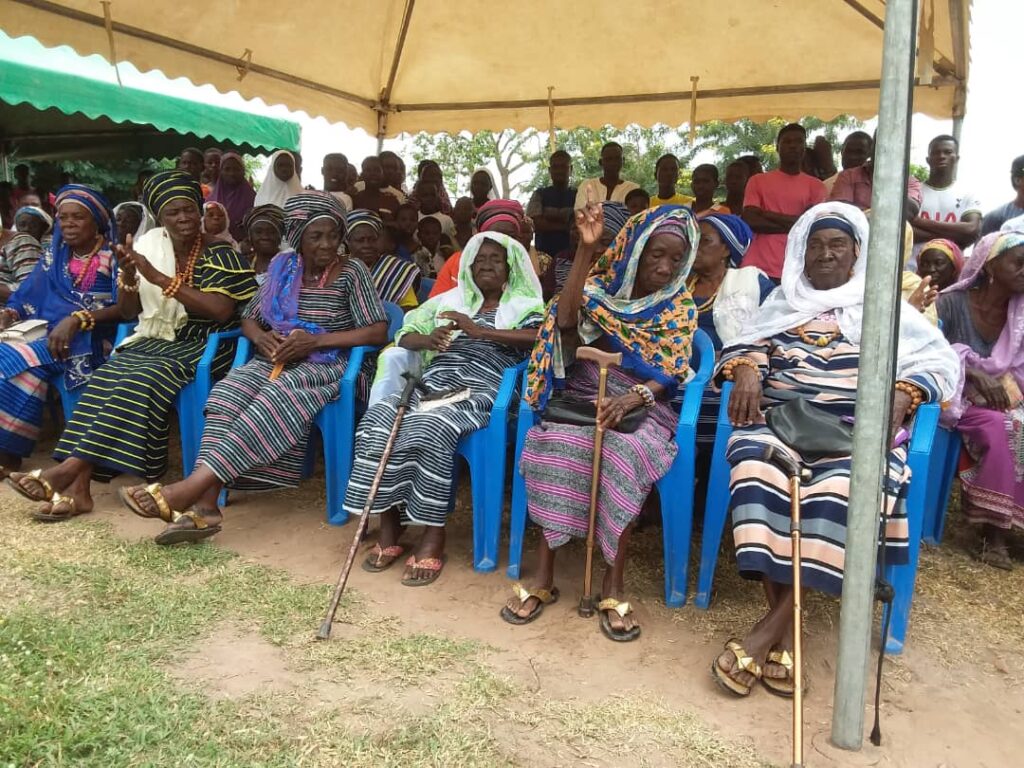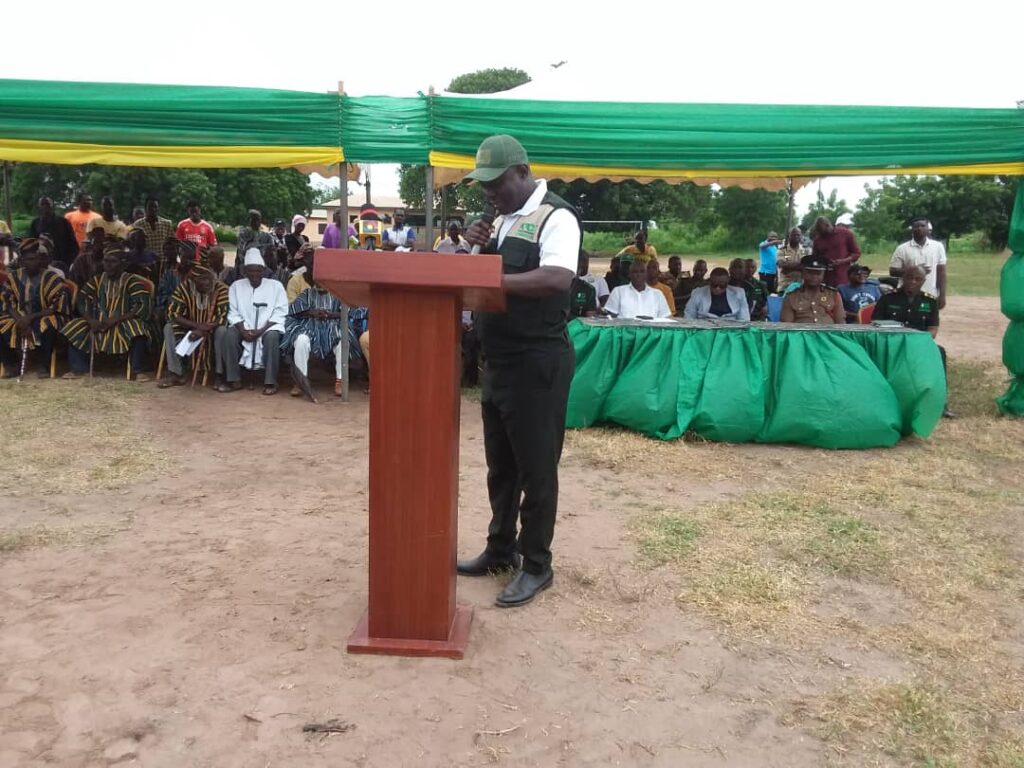By: Abdulai Zulkaninu
The Wildlife Division of the Forestry Commission has announced the commencement of the 2024 closed season for wildlife hunting and bushmeat trade in Ghana, starting 1st August, 2024.
Joseph Kwasi Binlinla, Regional Manager – Northern Zone (Wildlife Division of Forestry Commission) noted that the measure is inline with the Wildlife Resource Management Act, 2024 (Act 1115).
He explained that the closed season is vital for the sustainable management of Ghana’s wildlife resources as it provides a critical period for wild animals to breed and nurture their young, which helps boost animal populations and maintain biodiversity for a healthy ecosystem.
Speaking to the media at Busunu in the West Gonja municipality of the Savannah region, Joseph Binlinla cautioned that violating wildlife conservation laws in Ghana can lead to severe penalties, including fines or imprisonment of at least one year or both imprisonment and fine.
He urged the public to avoid illegal hunting and bushmeat trade to avoid legal consequences.
Joseph Binlinla underscored the value of wildlife conservation for human life, noting its benefits in medicine, food, recreation, cultural significance, research, and education. It also creates jobs and generates revenue through ecotourism, contributing to Ghana’s socio-economic development.
Northern Sector Mini-Launch of the 2024 Closed Season observation program was held on Thursday 1st August 2024, at Busunu.
Saeed Muhazu Jibril, Savannah regional minister said the theme for this year is very important towards preserving the biodiversity.
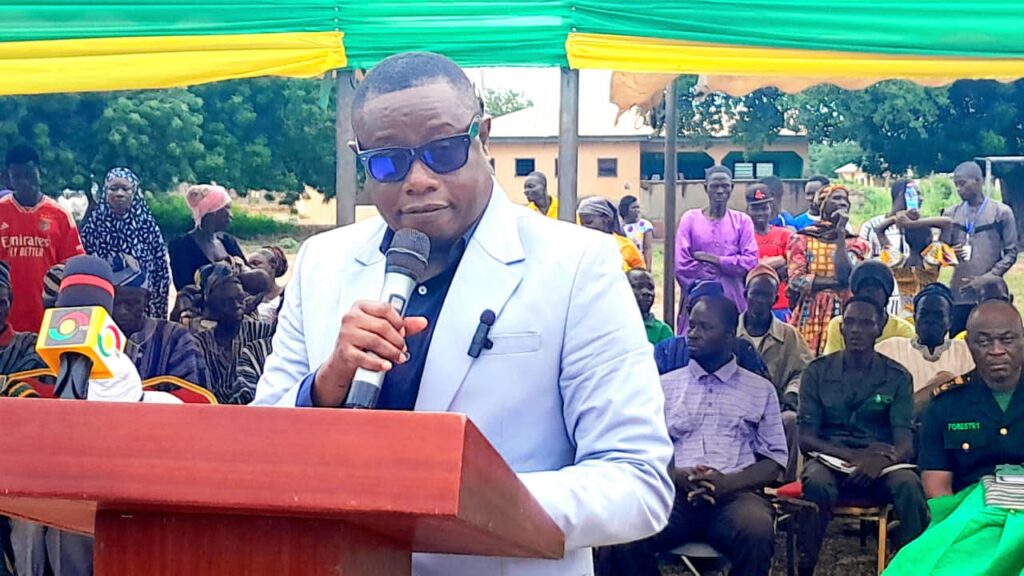
The theme “Wildlife: A Heritage We Must Conserve”, underscores the vital need to protect our wildlife species for both present and future generations. Our wildlife and biodiversity is not just a natural resource; it is a critical part of our heritage and livelihoods”.
The 2024 closed season will run from 1st August to 1st December 2024.
Saeed Muhazu reminded the public of the rich biodiversity that graces Ghana, particularly Mole National Park. The diverse wildlife species play a crucial role in maintaining ecological balance, supporting our economy through tourism, and preserving the cultural heritage of the communities.
He added the elephants, antelopes, baboons, warthogs, buffalos, and countless other species that inhabit our lands are part of a delicate ecosystem that sustains us all. They provide ecological services such as pollination, seed dispersal and nutrient cycling, which are essential for the health of our environment”.
Poaching, habitat destruction, climate change and human-wildlife conflicts are some of the major threats to wildlife conservation that endanger and jeopardize the livelihoods of those who depend on them.
He therefore, called on all stakeholders to work together to raise awareness about the importance of conservation and the steps to be taken to protect wildlife during the closed season.
Let us strengthen our conservation laws, enhance enforcement, invest in community education programs, and promote sustainable livelihoods that do not harm our natural heritage, he added.
Sule Nyadia, deputy chief executive officer, Forestry Commission, explained that the national 2024 closed season observation program is taking place concurrently in Mankesim and Busunu.
This is due to the bold decision made by the Busunuwura Monasa Jonokpawo II, paramount chief of the Busunu Traditional Council to ban communal hunting in his traditional area. This brave and intelligent decision has been recognized by the forestry commission hence, our decision to host the Northern sector launch here.
The decision by Busunuwura Monasa was replicated by the King and Overlord of Gonja Kingdom Jira Yagbonwura BiiKunuto Jewu Soale I and subsequently supported by the King of Dagbon Ndan Yaa-Naa Yakubu Abubakari II.
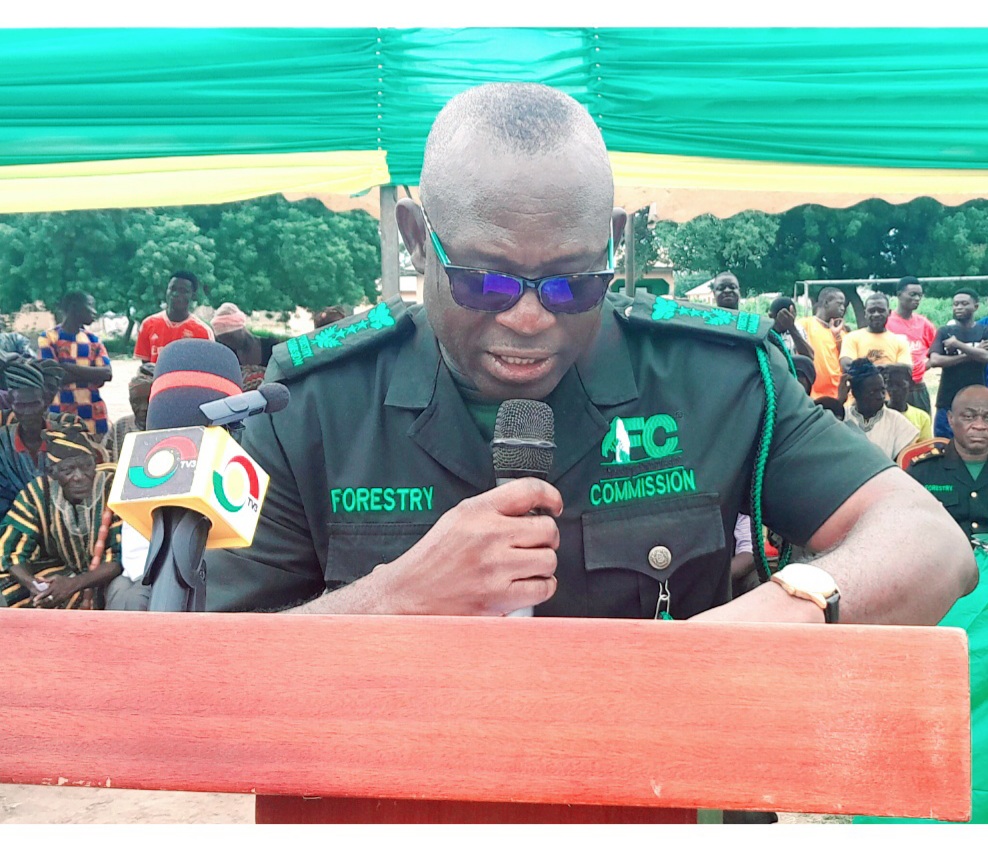
Sule Nyadia assured the chiefs and Queens of a good working relationship between the Mole National Park, Forestry Commission, and Busunu Traditional Area for mutual benefit.
He said community beneficiary projects such as the MTS project is currently being implemented at Achubunyor and Gurupe communities. The MTS project allows community members to grow food crops in the forest reserve and plant tree seedlings during the farming season.
Communities like Murugu, Monogri, Kananto, Kabampe, among others under the Busunu Traditional Area have benefited from the Mole National Park.
The program was attended by the chiefs and Queens of Busunu traditional area, diverse departments, students, youth groups, security agencies, various community members.
